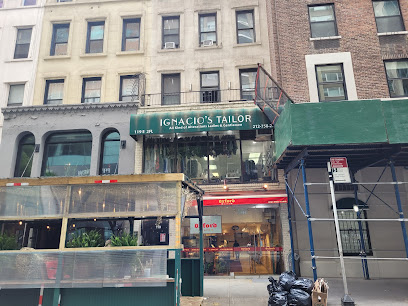I purchased a condominium a number of months ago and spent several thousands of dollars painting and installing crown. Over the past couple of weeks, I have noticed a bubbling of the paint and the plaster in the walls. My contractor has indicated that the walls will more than likely have to be re-drywalled. My neighbours stated that this is an ongoing problem and that most of the units in the building have been re-drywalled over the existing plaster. It now appears as if the former owner knew about this problem, because if you look closely you can see where problems must have been patched. What is my recourse?
Your problem is a not too uncommon issue known as a latent defect. This situation occurs when a new owner uncovers a problem that, more than likely, the previous owner had known about but did not disclose before the sale. He or she had a duty to disclose any known issues to the new owner and it can then be addressed by way of an abatement (reduction) in the purchase price or the current owner can have the problem fixed prior to closing.
One of the most common latent defects is blocked drainage/sewage pipes where the pipes may be old and tree roots have infiltrated and broken down the structure. Obviously, water and sewage can no longer drain properly and may back up. This is a serious and costly problem.
The main issue with latent defects is whether or not you can prove that the vendor knew about the problem. In the case of the condo walls, it was a well-documented issue throughout the building so on the face of it, you have a direct cause of action for damages against the vendor if they don’t rectify the problem with quantifiable damages. With things like tree roots in the pipes, it is a much harder issue to address because you may not have proof that the vendor knew about the problem. Oftentimes, going to the neighbours can be of assistance because the issue may have been discussed with them. If they are willing to attest to the vendor having knowledge, then you have potential recourse.
So, latent defects, which are items that cannot be detected prior to closing (even with a home inspection) can be a big problem. The proof of prior knowledge is the important factor.
















